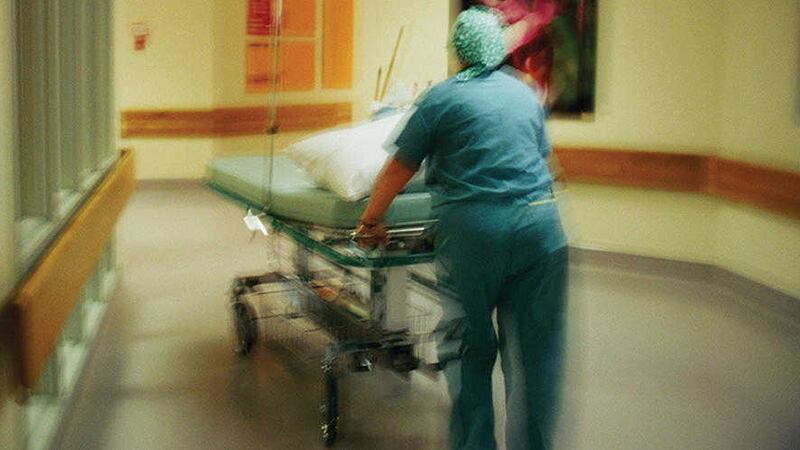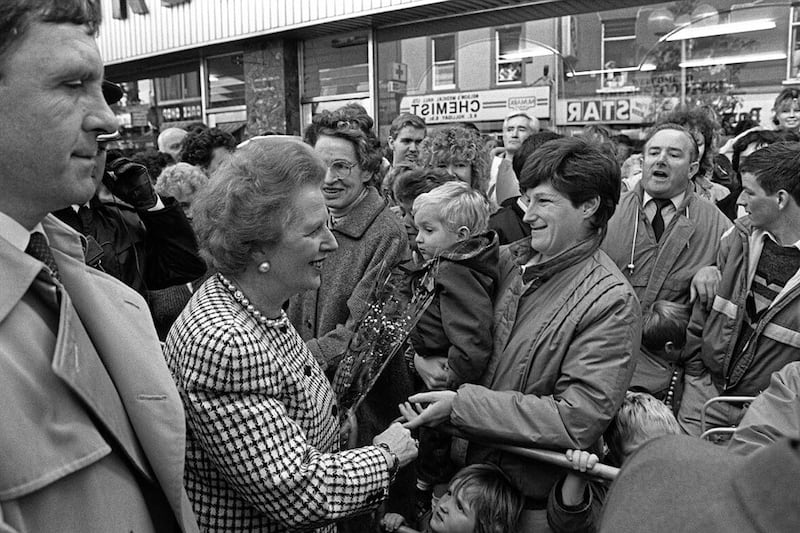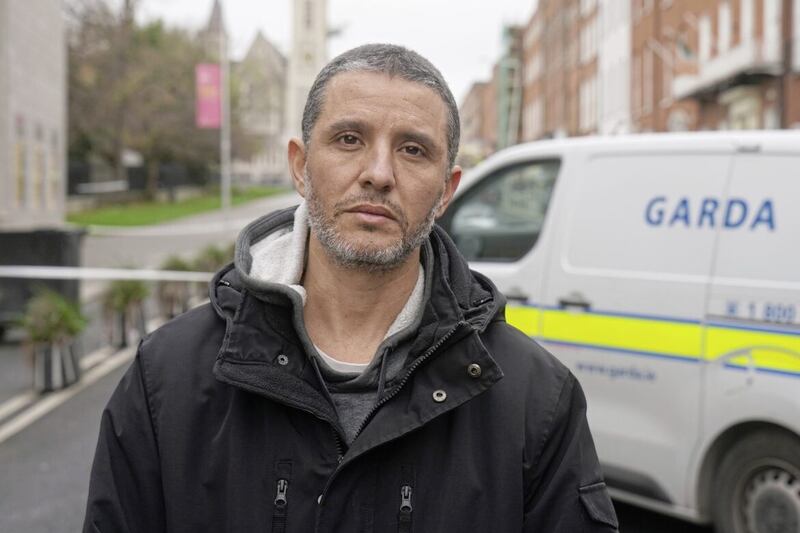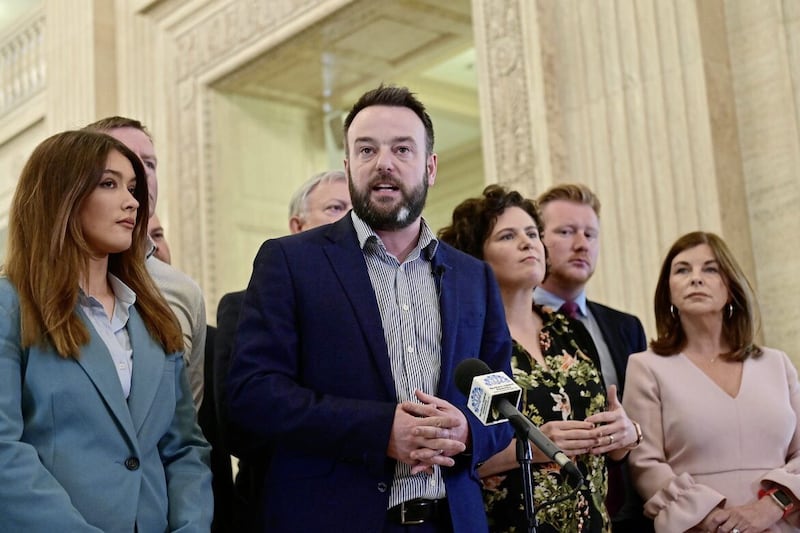Just over a month ago the person in charge of the health service for Northern Ireland and now Sinn Féin’s leader in the north, Michelle O’Neill, visited the emergency department of Daisy Hill hospital in Newry.
The Sinn Féin statement issued after the visit said: “Minister O’Neill confirmed that Daisy Hill would be part of the acute hospital infrastructure in the future.” which unsurprisingly local Sinn Féin representatives concluded was “great news for the area.”
That was on February 20. Then the board of the Southern Health and Social Care Trust (SHSCT) who are responsible for the operation of Daisy Hill hospital issued a chilling warning on March 30 that ‘ongoing staffing difficulties for the emergency department (at Daisy Hill) could lead to its temporary closure.’ Naturally the Sinn Féin representatives who hailed their minister’s confidence in the future of Daisy Hill a mere six weeks ago are up in arms.
If Michelle O'Neill took her party back into government and held the health portfolio –perhaps voters in Newry, South Armagh and South Down would feel a bit more at ease about the future of acute services in their region. But she won't and they don’t. And that is not so great news for the area.
The SHSCT statement said that these staff and resourcing problems, which may lead to the temporary closure of the emergency department in Newry, have being ongoing for two years. They said that despite their best efforts over two years to recruit suitably qualified medical staff at home and abroad they have been unsuccessful.
If these issues have been apparent for two years within the health service, just how could the health minister have given such strong assurances on the future of acute services in Daisy Hill just over six weeks ago? Of course, six weeks ago we were approaching elections.
The issues facing regional hospitals such as Daisy Hill are not the fault of former minister O’Neill because they pre-date her taking office. Yet is becoming all too easy for ministers to play partisan politics and tell various audiences what they want to hear - especially when an election is in the offing.
The cover-all excuse used by the Department of Health and various health trusts for closing down acute services across Northern Ireland has been fairly consistent for about ten years now - “Despite our best efforts we cant recruit the staff.”
This worn out excuse is always somewhat vague about the detail of what constitutes “our best efforts.” They would have us believe that they scour the world looking for these elusive senior medical staff. And the other odd thing about these recruitment exercises is they tend to only find suitable medics who miraculously only want to work in one of the golden six hospitals.
Belfast and Derry have obvious attractions to would-be applicants as the scale of two large cities is an advantage. And whilst I have nothing in particular against Craigavon or Antrim, Newry, Mourne and Down has equal if not better lifestyle options in terms of housing, scenery, sporting activities, retail and schools, which should appeal to medics with families looking to relocate.
Yet even so, the Downe Hospital is little more than a polyclinic and now Daisy Hill is under threat because of recruitment issues. Even as far back as 2001, the Hayes report recommended that Daisy Hill should remain an acute hospital not least because of the large rural area it spanned from Cullaville to Kilkeel.
The prospect of an hour’s journey on rural roads from Forkhill or Hilltown to Craigavon is not for the faint hearted. The sad reality is that our road infrastructure isn’t up to scratch.
Can it really be that would be consultants don’t want to work in places like Newry, Tyrone or Downpatrick?
It’s clear that the health service is under pressure but one can’t help but think that its problems are beset with bureaucracy with too many layers of administration as its root cause.
Health practitioners are stretched, especially those in the front line such as GPs and nurses. The current political impasse is not going fix the strains on the health service; the civil servants taking temporary charge will not have the flexibility to innovate or reform and the prospect of Tory direct rule ministers coming into office leaves many cold.
Health, like education, will suffer without a functioning executive and we will all be equally poorer if that happens.









